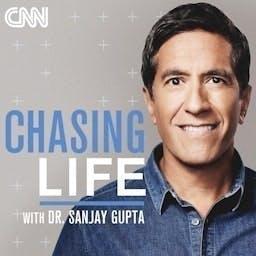About this episode:
Sports betting has exploded in popularity, offering bettors the opportunity to gamble on everything from coin tosses to touchdowns. But experts are becoming increasingly concerned about the public health implications. In this episode: Researchers Matthew Eisenberg and Mark Meiselbach discuss the rise of online sports gambling, its potential dangers, and how policy guardrails could make it safer.
Guests:
Matthew Eisenberg, PhD, is a health economist and associate professor of Health Policy and Management at the Johns Hopkins Bloomberg School of Public Health where he also serves as the Director of the Center for Mental Health and Addiction Policy.
Mark Meiselbach, PhD, is a health economist and assistant professor of Health Policy and Management at the Johns Hopkins Bloomberg School of Public Health.
Host:
Stephanie Desmon, MA, is a former journalist, author, and the director of public relations and communications for the Johns Hopkins Center for Communication Programs.
Show links and related content:
-
As Online Betting Surges, So Does Risk of Addiction—Hopkins Bloomberg Public Health Magazine
-
New Survey Shows Rising Rates of Disordered Gambling Among Marylanders Since Legalization of Online Sports Betting—University of Maryland School of Medicine
-
Warning Signs—Maryland Center of Excellence on Problem Gambling
-
Voluntary Exclusion Program—Maryland Alliance for Responsible Gaming
- Public Health and Gambling Part 2: Problem Gambling—Public Health On Call
Transcript information:
Looking for episode transcripts? Open our podcast on the Apple Podcasts app (desktop or mobile) or the Spotify mobile app to access an auto-generated transcript of any episode. Closed captioning is also available for every episode on our YouTube channel.
Contact us:
Have a question about something you heard? Looking for a transcript? Want to suggest a topic or guest? Contact us via email or visit our website.
Follow us:
-
@PublicHealthPod on Bluesky
-
@PublicHealthPod on Instagram
-
@JohnsHopkinsSPH on Facebook
-
@PublicHealthOnCall on YouTube
-
Here's our RSS feed
Note: These podcasts are a conversation between the participants, and do not represent the position of Johns Hopkins University.













































